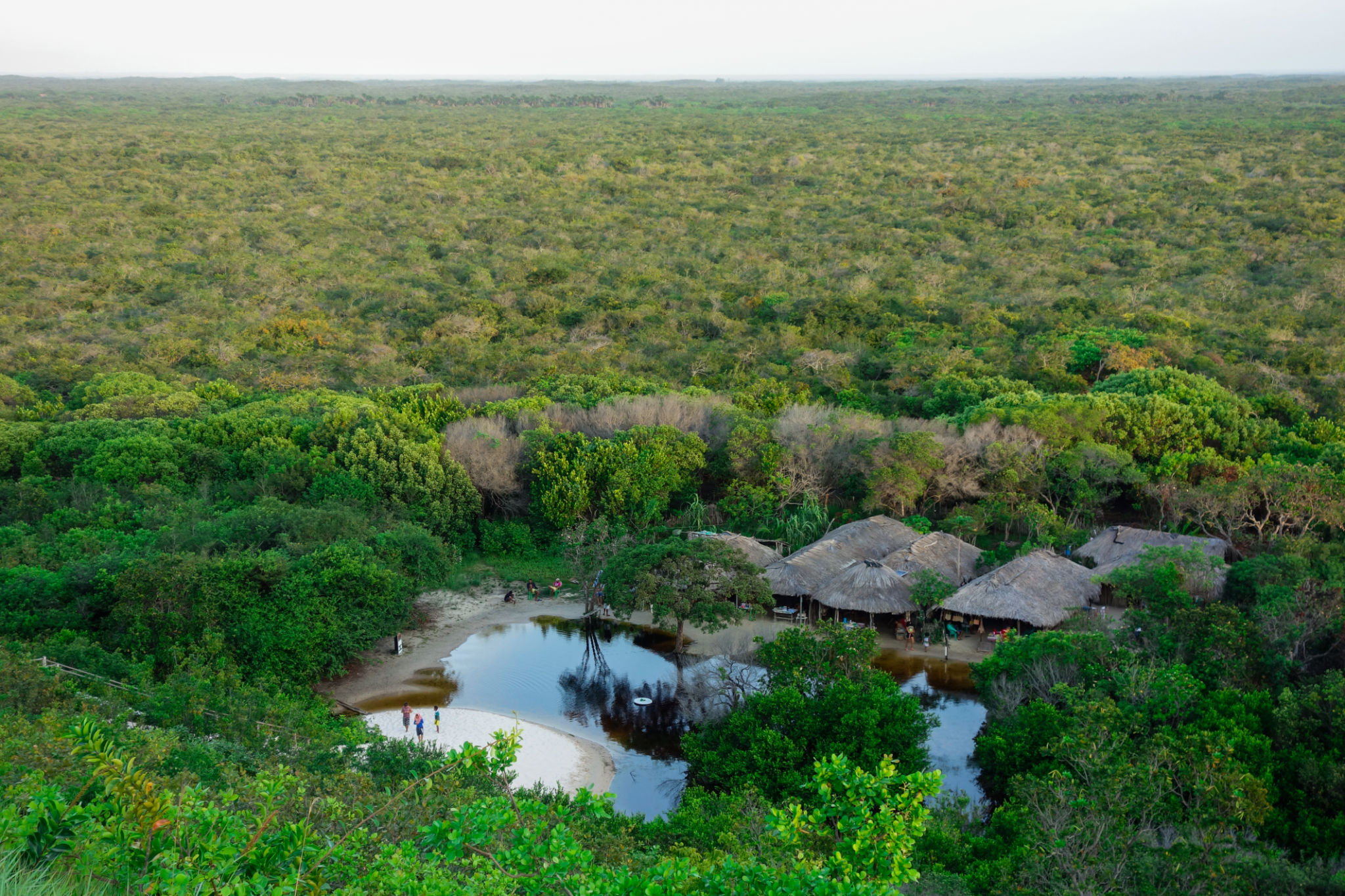Frequently Asked Questions About Tribal Land Use in Tennessee
Understanding Tribal Land Use
Tribal land use in Tennessee is a topic often surrounded by curiosity and misconceptions. Many people have questions about how tribal lands are managed, who has authority over them, and what rights the tribes possess. This blog post aims to address some of the most frequently asked questions to help clarify these aspects.

What Defines Tribal Land?
Tribal land refers to areas that are reserved for Native American tribes under treaties or other agreements with the federal government. These lands are held in trust by the government for the benefit of the tribes. It’s important to note that tribal lands are distinct from other forms of land ownership and come with unique rights and regulations.
In Tennessee, tribal lands are managed by recognized tribes with their own governance systems. This means that while federal laws apply, tribal governments have significant autonomy to regulate activities on their lands. This autonomy is an essential aspect of their sovereignty.
Who Manages Tribal Lands?
The management of tribal lands is primarily the responsibility of the tribes themselves. Tribal governments have the authority to make decisions about land use, including residential development, commercial enterprises, and environmental conservation efforts.

The Bureau of Indian Affairs (BIA) also plays a role in overseeing certain aspects of land management, particularly in ensuring that tribal lands are used in a manner consistent with federal laws and regulations. However, the BIA's role is more supportive than directive, allowing tribes to exercise their self-determination.
What Are Common Uses for Tribal Land?
Tribal lands can serve a variety of purposes, reflecting the needs and priorities of the community. Common uses include:
- Residential areas for tribal members
- Cultural and ceremonial sites
- Economic development projects such as casinos, resorts, or other businesses
- Agricultural activities and natural resource management

Are There Restrictions on Tribal Land Use?
While tribes have considerable freedom in how they use their lands, there are some restrictions. These often relate to environmental protection laws and regulations that aim to preserve natural resources for future generations. Additionally, any significant changes or developments may require consultation with federal agencies to ensure compliance with broader legal frameworks.
It is also important to recognize that tribal customs and traditional practices play a vital role in land use decisions. Tribes may implement their own rules and guidelines to protect sacred sites and maintain cultural heritage.
Conclusion
Tribal land use in Tennessee is a complex but fascinating subject that underscores the balance between sovereignty and federal oversight. Understanding how these lands are managed and utilized provides insight into the rich cultural heritage and modern-day governance of Native American communities in the region.
If you have further questions or wish to learn more about specific tribes in Tennessee, reaching out directly to tribal offices or visiting educational resources can provide additional valuable information.